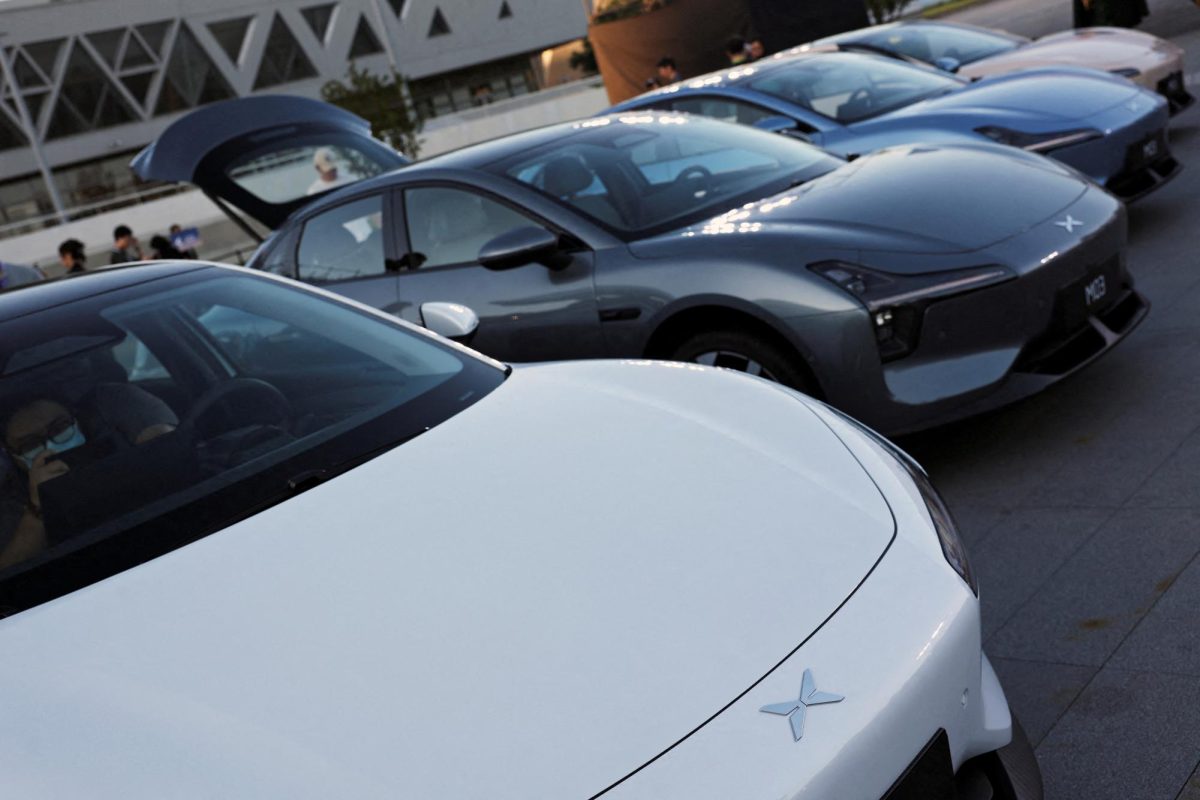The issue of whether to purchase an electric car for environmental reasons, economic motives, or infrastructural concerns is one that weighs heavily on the general population. This especially includes people who consider buying a new car more environmentally sound, and more economically efficient. Are electric cars a more sustainable option for drivers?
This question is simply answered by the fact that the majority of electric energy reserves generated are from coal or other fossil fuels, negating the perceived benefits of electric cars such as saving money on gas. The installation of a more comprehensive power grid to charge the cars is as destructive to the environment as burning fossil fuels through mining for rare earth metals, as well as the fact that parts that are unique to electric cars require the destruction of nature to make them.
The most attractive allure of electric cars is that they have a lesser environmental impact is moot. This perceived environmental benefit is thoroughly untrue as according to the U.S. Energy Information Administration, 60% of all electricity is generated through the burning of fossil fuels such as natural gas and coal. This figure is contrasted with the fact that a mere 21.4% of electricity in the U.S. is from renewable sources such as wind and hydropower, representing the insignificant figure of electricity that truly is safe for the environment. This firmly disproves the belief that we are helping the environment by driving an electric car, a view held by 72% of electric car owners according to the Pew Research Center. This disconnect between the knowledge of electric car owners and the feelings of people who own or consider buying an electric vehicle renders the largest attractor of electric cars– sustainability, ineffectual.
Electric cars are firmly in the environmentally unsustainable category, but they are also economically unsustainable. This is true because using a DC (direct current) charger cost users $169 per month assuming that people drive 1,015 miles and that electricity costs 50 cents per kWh(kilowatt) when expelled from a DC charger, as per Kelly Blue Book. This figure is noticeably higher than the amount of money that a gas user could expect to spend in a month. Given the figure that the average gas automobile gets 24.5 miles of driving per gallon (gas costs $3.08 on average), and the average American drives 1,015 miles per month, the driver of a gas guzzler could be expected to spend $127.60 per month on their choice of fuel. That would be a full $41.40 saved per month against electric vehicles. That amount of money means annual savings in the range of a significant $500. To many struggling working-class people, that amount of money could mean a significantly higher quality of life.
Also contributing to the economic unsustainability of electric cars is the high cost of purchasing such a vehicle. According to Kelly Blue Book, the average new electric car costs $57,245 in September of 2025. This is a frivolous figure when compared to the average cost of a new gas car in the same time frame. The extra money isn’t even worth the cost because the perceived benefits are not real.
In addition to being conceptually flawed and inaccurately marketed, the production of electric vehicles destroys the Earth in ways that equal that of the burning of fossil fuels. This is because rare earth metals must be mined from pristine natural areas. According to Earth.org, the lack of sufficient lithium reserves in India and other countries cause lithium mining in China to be necessary. Mining of lithium as well as other metals is more destructive to the environment than most people would expect. A study done by INS shows that the production of electric cars causes 4 tons of carbon emissions. This means that the car has to be used for 8 years to offset the impact from production. This is a figure that is unlikely in today’s automobile market because according to The Zebra: 64% of car owners own their cars for 5 years, with the longest group of cars being owned for 8 years on average. This reflects the fact that based on current car ownership trends, many electric cars will never have a carbon-positive footprint.
Electric vehicles are unsustainable and generally not worth the extra money or the environmental impact. This makes the perceived benefits of electric cars all moot and destructive to humanity. The societal trend of being overly concerned with the wellbeing of the environment reflects that society has made people too concerned with their perceived persona as environmentally conscious. People don’t make smart choices with their money and the ways they choose to make an impact on the world.































